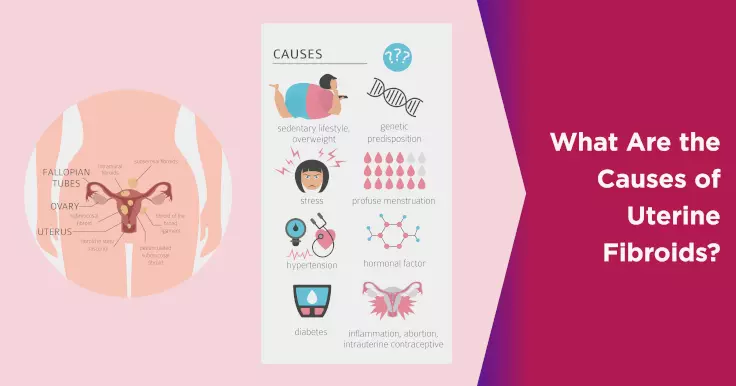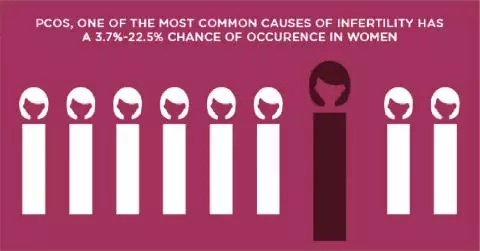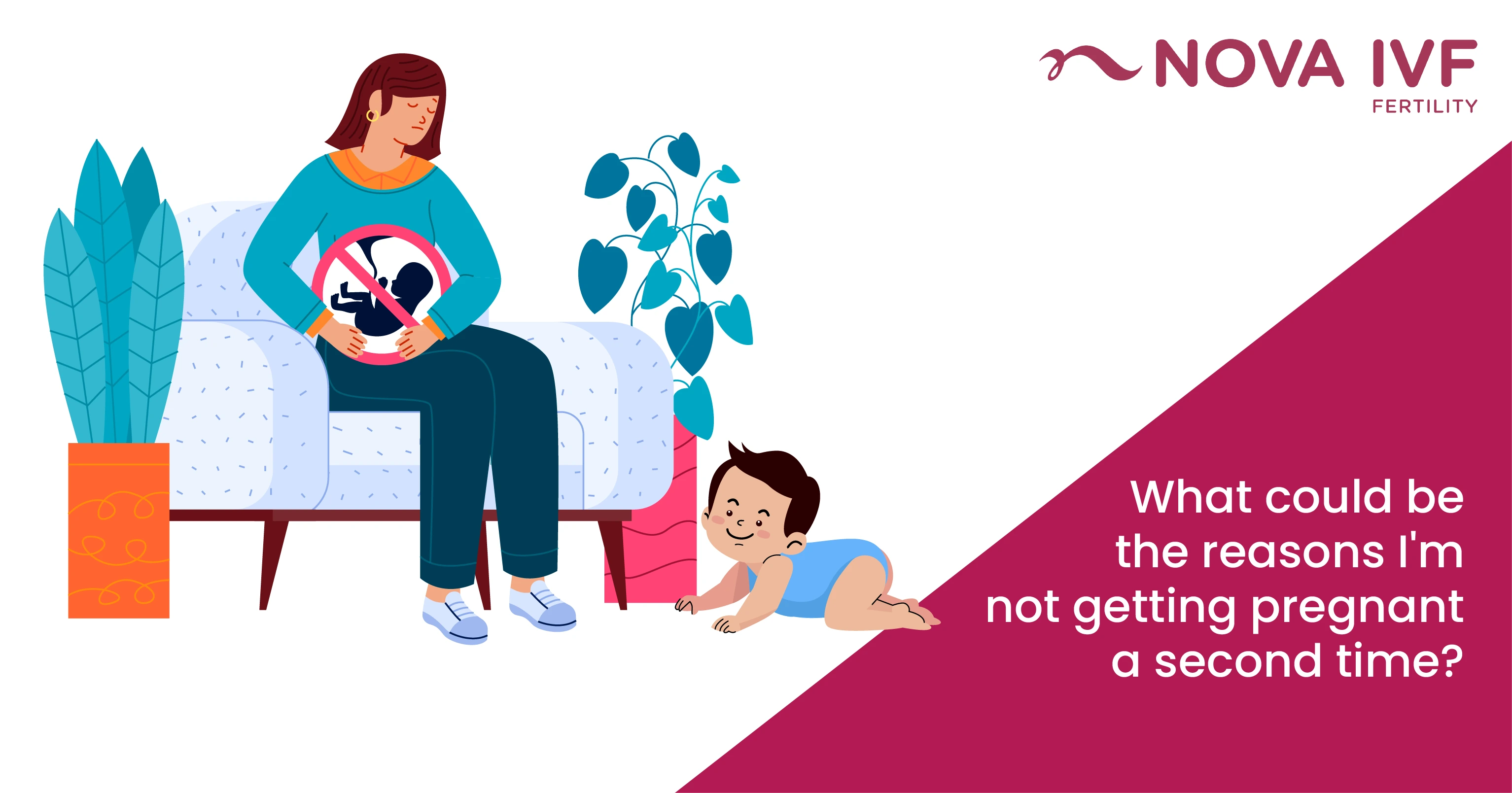Exploring the Causes of Uterine Fibroids

From menarche to menopause, uterine fibroids can develop inside a woman's body anytime. The common symptoms, if they show up, include painful or heavy menses, painful intercourse, and lower back pain. Although the causes of uterine fibroids are not known very clearly, following are the most common reasons for fibroid formation in women:
1. Alcohol consumption: Consuming alcohol, especially beer, frequently can lead to fibroid formation in women.
2. Less consumption of fruits: Researchers found that consuming at least two servings of citrus fruits and including sufficient quantity of vegetables helps reduce the risk of uterine fibroids.
3. Having less than two children: It seems that having less than two children makes women more prone to uterine fibroids. If women have more number of children, chances of developing uterine fibroids are comparatively less.
4. Early menarche: Women attaining puberty or having menarche before the age of 11 are more likely to get uterine fibroids than those who have menses at 13. This is because fibroids are sensitive to estrogen which escalates their growth.
5. Prenatal issues: Prenatal exposure to diethylstilbestrol (DES), a synthetic or artificial form of estrogen, is a common cause of uterine fibroids. Pre-pregnancy or gestational diabetes in the mother can cause uterine fibroids in the girl child. Also, being born as a twin or triplet may cause uterine fibroids.
6. Hair relaxer: Hair relaxers consist of phthalates which are hormonally disruptive chemicals, and the detectable amount of the same in the urine is an indication of uterine fibroids.
7. Child abuse: Children who are exposed to physical, sexual, or emotional abuse are also subjected to uterine fibroids. Researches and studies have proved that abuse in any of the above form has a huge impact on the physical health of the children.
8. Genetics: Genetics can also cause uterine fibroids in women. If the genetic composition of the uterine muscle cells differs from the normal cells, uterine fibroids can develop as a result of this.
9. Deficiency of vitamin D: Vitamin D keeps a check on the production of fibrous tissues or fibroids and it helps to regulate the immunity and cell growth. The deficiency of vitamin D can lead to uterine fibroid formation.
10. Hormones: Two main hormones estrogen and progesterone are responsible for the development of the uterine lining for each menstrual cycle and also to prepare the uterus to handle pregnancy. These hormones promote the growth of fibroids in women. These fibroids shrink during menopause due to dip in these hormone levels.
 Infertility Counselling
Infertility Counselling Female Infertility Treatment
Female Infertility Treatment Andrology Treatment
Andrology Treatment Fertility Enhancing Surgeries - Female
Fertility Enhancing Surgeries - Female Fertility Enhancing Surgeries - Male
Fertility Enhancing Surgeries - Male Endoscopy Treatment
Endoscopy Treatment IUI Treatment
IUI Treatment IVF Treatment
IVF Treatment ICSI Treatment
ICSI Treatment Advanced IVF Solutions
Advanced IVF Solutions Embryology
Embryology Vitrification Egg, Embryo, Sperm Freezing
Vitrification Egg, Embryo, Sperm Freezing Preimplantation Genetic Testing (PGT)
Preimplantation Genetic Testing (PGT) Donation Program Embryo / Egg / Sperm
Donation Program Embryo / Egg / Sperm Self-cycleTM IVF
Self-cycleTM IVF

 Self-cycleTM IVF
Self-cycleTM IVF











